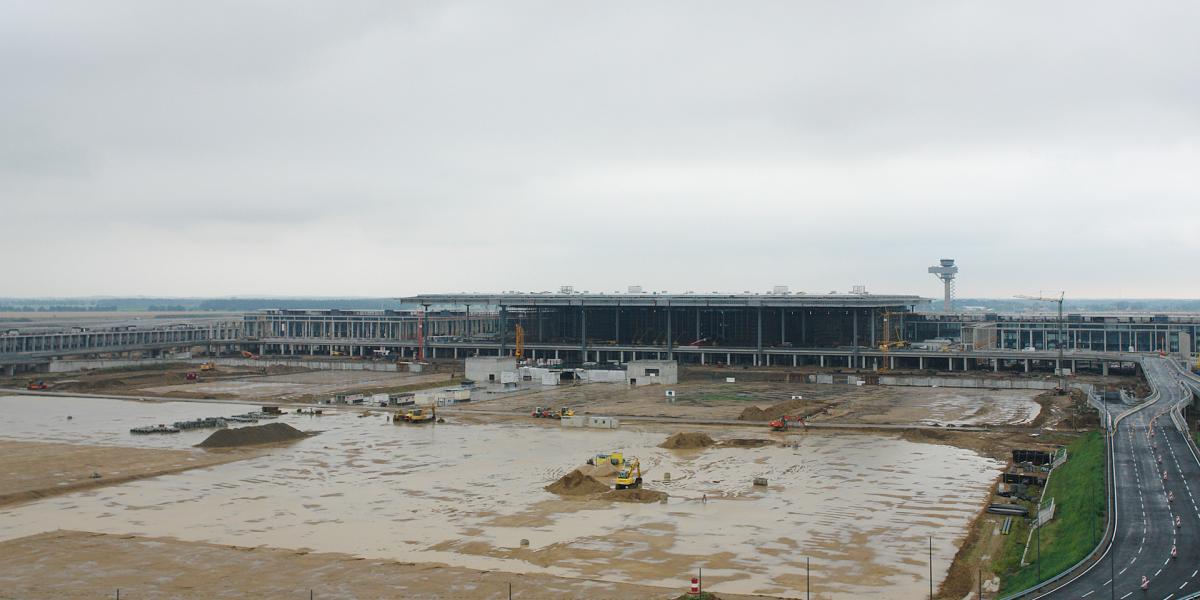Breadcrumb

In 1991, German officials announced plans to develop the Berlin Brandenburg International Airport (BBI), a new, large airport that would replace the three existing Berlin airports. Not only did officials believe that BBI could support air traffic growth, become an aviation hub, and revitalise the economy, but they also hoped it would represent a new chapter in Berlin’s history: one unified airport for the recently reunited city.
To achieve their vision, German officials established Berlin Brandenburg Flughafen (BBF) in 1991. The company, jointly owned by the German federal government and the states of Brandenburg and Berlin, was to oversee the planning, development and, eventually, operations of BBI. However, BBF struggled to make progress. Eventually in 1997, hoping to bring in much-needed expertise and capital, BBF decided to privatise. The first attempt at a tender was unsuccessful: just two consortia submitted final bids and the losing consortium sued BBF shortly after the result was announced. The courts ruled that the tender had violated procurement laws, cancelled BBF’s contract, and ordered the company to start the privatisation process again. Now in 2002, a second tender had resulted in just one bid, with a price considerably lower than BBF had anticipated and a number of contentious terms. Facing pressure to make headway with the new airport, BBF needed to decide quickly how to proceed.
- Identify key principles and challenges of major-project leadership and governance;
- Evaluate good and bad practices in forging public-private partnerships and in developing procurement strategies.
